Defiant Prime Minister Anthony Albanese’s all-in gamble on Indigenous voice to parliament
Two days after warning his colleagues that no referendum had passed without bipartisan support, Anthony Albanese virtually ensured there will be no bipartisanship.
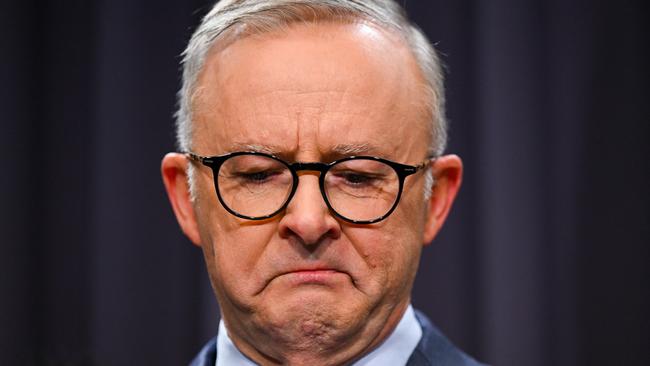
The Prime Minister’s acceptance of the Indigenous working group’s rejection of the Solicitor-General’s advice aimed at limiting the intervention of the Indigenous voice to parliament on the day-to-day working of government has all but guaranteed Liberal Party opposition to the referendum.
The path Albanese has chosen is one of less political friction for him and Labor from Indigenous leaders but a more difficult challenge in getting the majority support required for constitutional change. He has taken a calculated risk, which he acknowledges, in adopting referendum words and principles that will prevent bipartisanship and make success harder but keeps the Yes campaign united.
All along, Albanese has assumed Peter Dutton will end up opposing the referendum, and his political assessment is that the Opposition Leader will be blamed if the referendum fails.
The Prime Minister has been intent on creating history with the referendum to recognise Indigenous Australians in the Constitution, not just for the recognition and creation of an Indigenous voice but also, if necessary, passing a referendum without bipartisanship. This is a high-risk strategy that assumes substantive and political success in the face of Coalition opposition but risks disappointment for Indigenous supporters of the voice.
There is also a crash-through-or-crash approach to the referendum, with Albanese absolutely removing an option of delay or deferral beyond October-December even if there is no chance of success.
As he unveiled the referendum wording, Albanese said: “Are there any circumstances in which this will not be put to a vote? The answer to that is no. Because to not put this to a vote, to not put this to a vote, is to concede defeat.
“You only win when you run on the field and engage. And let me tell you, my government is engaged. We’re all in.”
He was also adamant that it would not be appropriate to have a voice to parliament without there being an equal ability to “proactively seek advice” at an early stage of proposals and laws being developed by the federal government. This inclusion of executive government, with a minor tweak and the exclusion of state and local governments, will become the crux of the legal and constitutional debate about the referendum beyond the emotional appeal of Australians’ goodwill towards Indigenous Australians and the desire to address the appalling conditions in which many live.
This legal doubt about a potential New Zealand-style co-governance and the failure to get practical solutions to dire Indigenous needs despite spending billions of dollars are the basic, realistic concerns of those against the voice.
Dutton has made it clear at all times he wants more detail about how the voice will work in practice, that he prefers a parliamentary preparation of the proposal before the referendum and fears a constitutional amendment will entrench a “new layer of bureaucracy” that will make day-to-day government unworkable.
After Albanese’s announcement, Dutton said the Coalition still didn’t know any of the detail.
“This is the reason we’re at a disadvantage, and the government can’t out-legislate the Constitution. That’s the reality,” he said.
“So, if you’re putting forward a form of words which is open to a broad interpretation by the High Court, then the parliament can’t rectify that. That’s the issue here.”
On this point Dutton cited former adviser on Indigenous recognition and current supporter of the voice Greg Craven, who said “there are huge implications” and that the proposal was “far worse than I had contemplated the worst position being”.
Craven was alarmed that the cabinet accepted the Indigenous working group’s rejection of the Solicitor-General’s advice that sought to mitigate the impact of the voice intervention with the public service.
“So apparently we have the Yes side, and I’m still the Yes side, are expected to drag forward a referendum when our opponents will say, ‘Well, hang on, the chief law officers of the government are pushing this that it was a bad idea’,” he said.
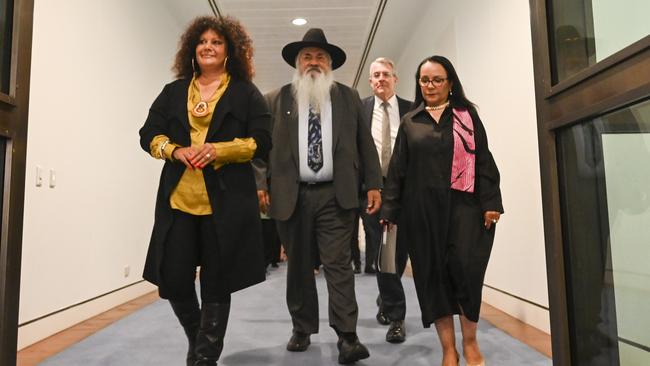
The response from Albanese and Mark Dreyfus, who as Attorney-General sought an amendment, is that the final wording is “legally sound” and was based on legal advice – not the Solicitor-General’s – available to the Indigenous working group.
While this issue will drive a debate about the reach and complexity of the proposed constitutional changes, Albanese faces a raft of other challenging issues that he tried to address this week while promoting the referendum.
These challenges include a public concern that the constitutional change will be a symbolic gesture that doesn’t make any practical difference to the lives of people living in squalor and chaos; that the voice will be a revisiting of previous failed Indigenous institutions; and that there will be a waste of money, potential corruption and an entrenchment of elite Indigenous leaders in positions of power.
Dutton has led the argument on whether there will be practical benefits from the voice, and it is the main concern of people who are opposed to the voice.
“People need to be able to make a judgment about whether this is going to improve the situation for Indigenous Australians or whether it’s going to put another layer of bureaucracy in place,” Dutton said on Thursday.
“I’ve seen Indigenous women crying in the meetings that we’ve gone to, and it’s heartbreaking to see the situation in Alice Springs.
“If it’s going to make it more difficult because it’s another layer of bureaucracy and it makes it harder for those women in Indigenous communities to be heard, then we need to understand all of that.
“It breaks my heart to see those children and women in that dire situation. But I can tell you, when we went to Leonora or to Laverton, for example, the voice is the furthest thing from their mind. They’re already screaming to the government, saying ‘Reintroduce the alcohol bans, reintroduce the cashless debit card’, and the government has refused to hear that voice.
“I think it’s reasonable that the government provide the detail, and that’s the raw emotion that we’ve seen and that we’ve experienced.”
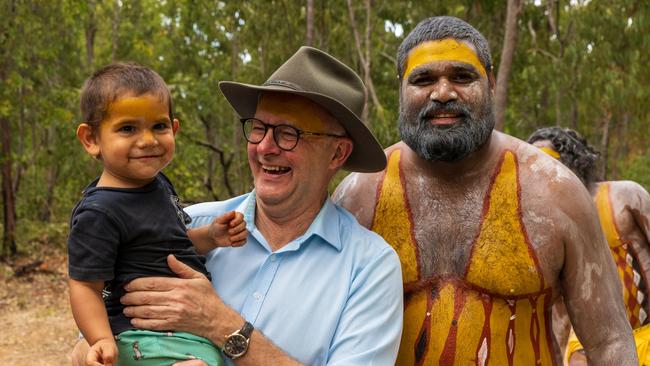
The Prime Minister’s response was to refer constantly to the practical benefits of involving Indigenous communities in decision-making and to point out that what was being done now was failing communities.
“What we know is that when there is consultation and work done with Indigenous people, rather than for or to Indigenous people, you get better outcomes, you get better outcomes. And that is what this is about,” Albanese said.
“This isn’t just about symbolism. It’s about getting better outcomes. We need to do better.”
On other issues, Albanese is right to argue the voice does not have a right to veto, that it is not a third chamber of parliament and will not have funding as other Indigenous institutions have had.
The government has sought to allay fears about historical failures and corruption by repeatedly saying the voice “will not manage money or deliver services” and ensuring it will be subject to normal accountability and transparency requirements, including being within the scope of the National Anti-Corruption Commission.
There is also a guarantee members of the voice to parliament and related bodies will have limited tenure and regular turnover. But in the big picture of constitutional amendment there is still national conservatism about change and complexity.
While Albanese may be right about some of the sillier claims, and has sought to play down other threats, he is wrong to say the proposal is only a modest request and a simple proposition. “This is a very modest request. It’s a modest request to be recognised in our Constitution,” he said.
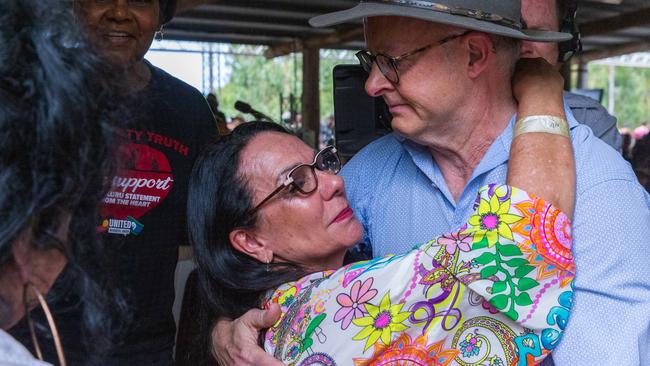
But the rejection of the Solicitor-General’s – still secret – advice by the Indigenous working group behind closed doors is making people suspicious.
So much of what Albanese has said in the past 10 months has been contradicted by his actions or public evidence. The inclusion of the executive government intervention was not even in the Uluru Statement from the Heart, the proposed amendments have changed several times and there has been no real transparency.
At every stage Labor or the Indigenous working group has rejected attempts to water down the scope or powers of the voice – including from Dreyfus – and supported a more radical position.
Thus, the whole debate is starting from such a radical position that any further change in the draft words during the parliamentary process, forced through an even more radical Senate in the next six months, has the potential to become an even riskier proposition.
Albanese famously said it would be a brave government that ignored the advice of the voice to parliament, and his own reaction to the referendum principles demonstrates that the voice is so powerful his government can’t resist it – and that’s before the voice even formally exists.
The Prime Minister may be right, and emotion will carry the day as Australians seek to “do the right thing” – but he should not be deluded about the difficulty of getting up a referendum without bipartisanship.


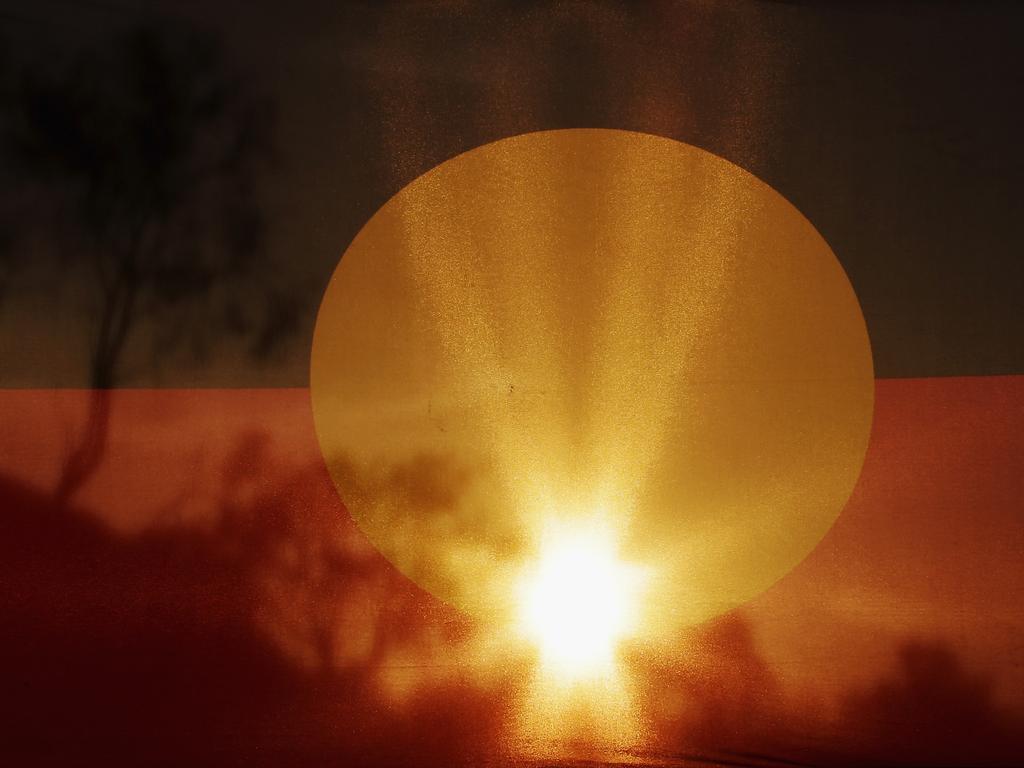
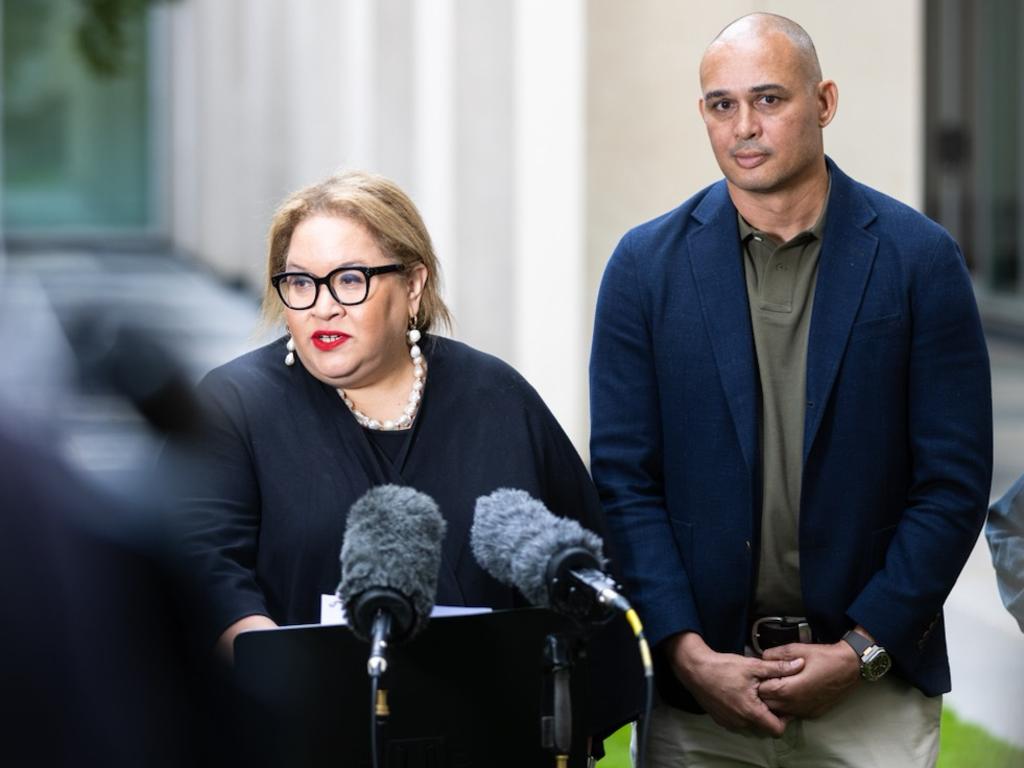
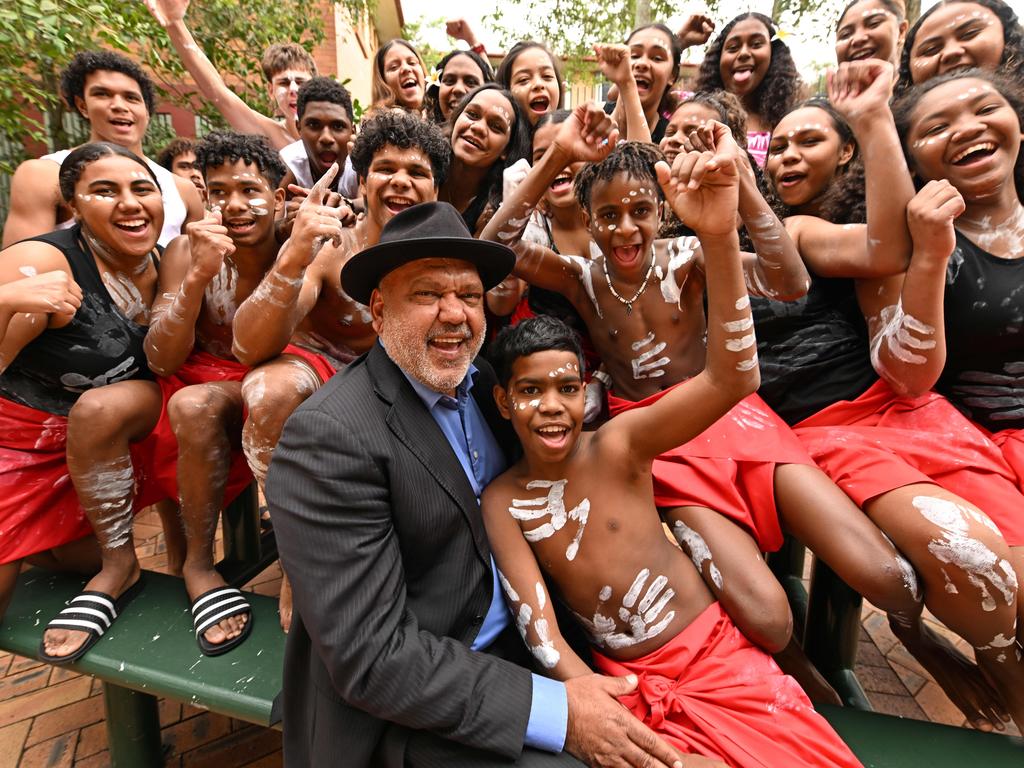
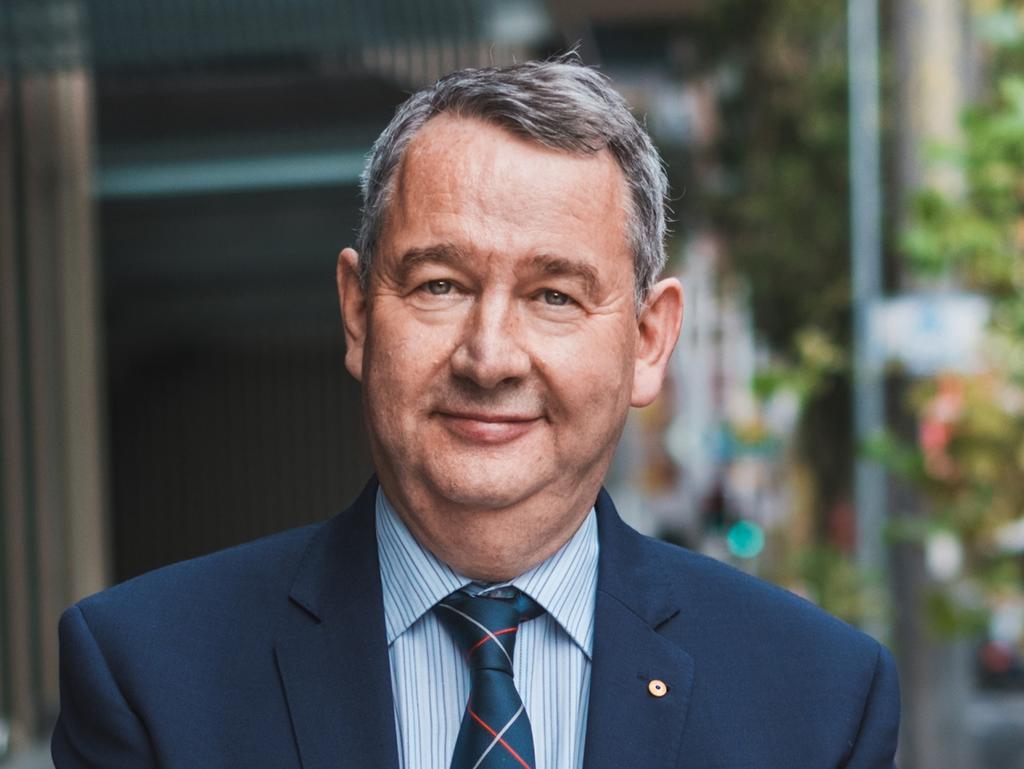
Two days after warning his Labor colleagues in Canberra that no referendum in Australia had been passed without bipartisan support, Anthony Albanese released words and principles for the referendum on the Indigenous voice that virtually ensure there will be no bipartisanship.